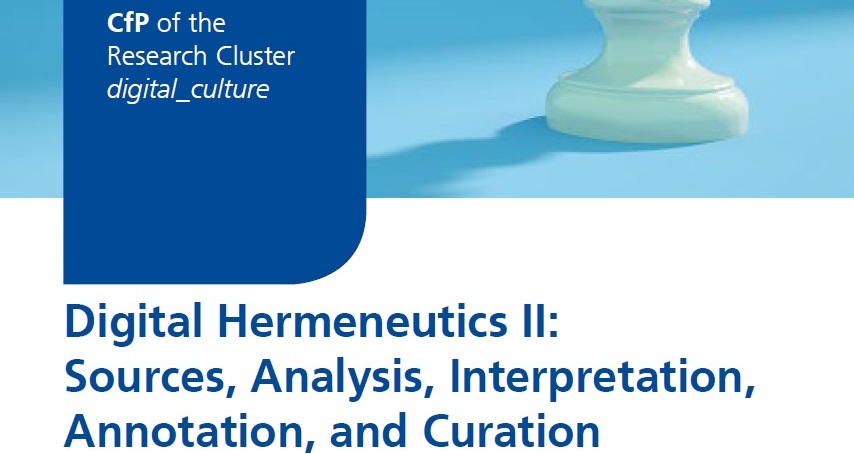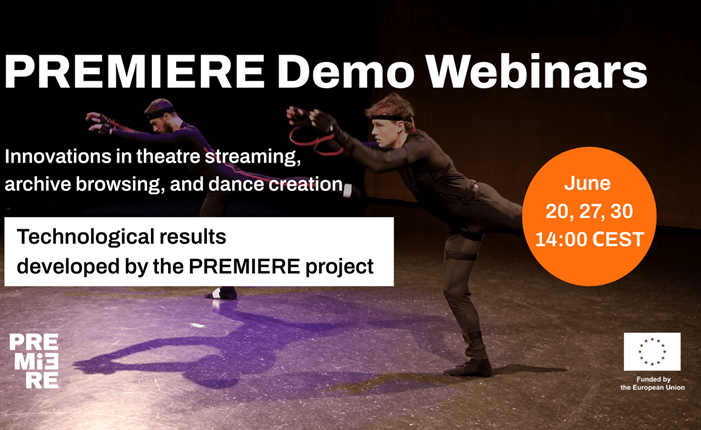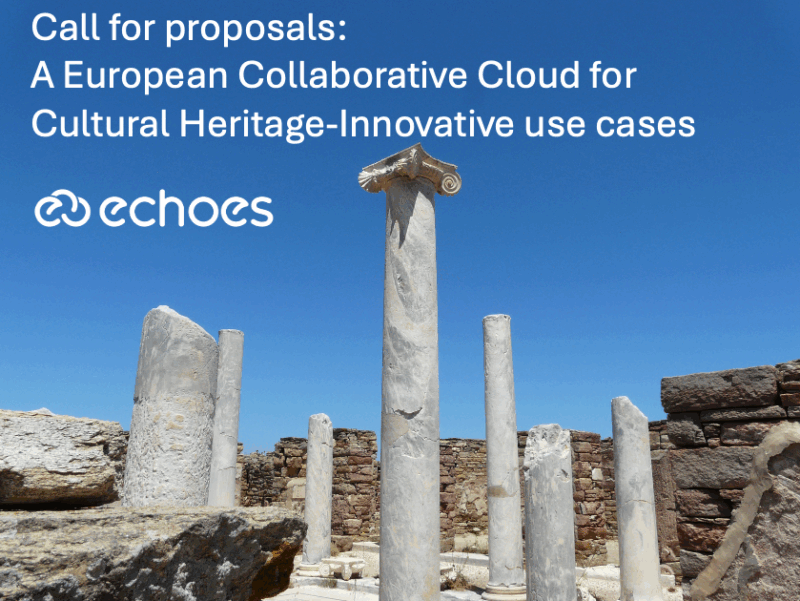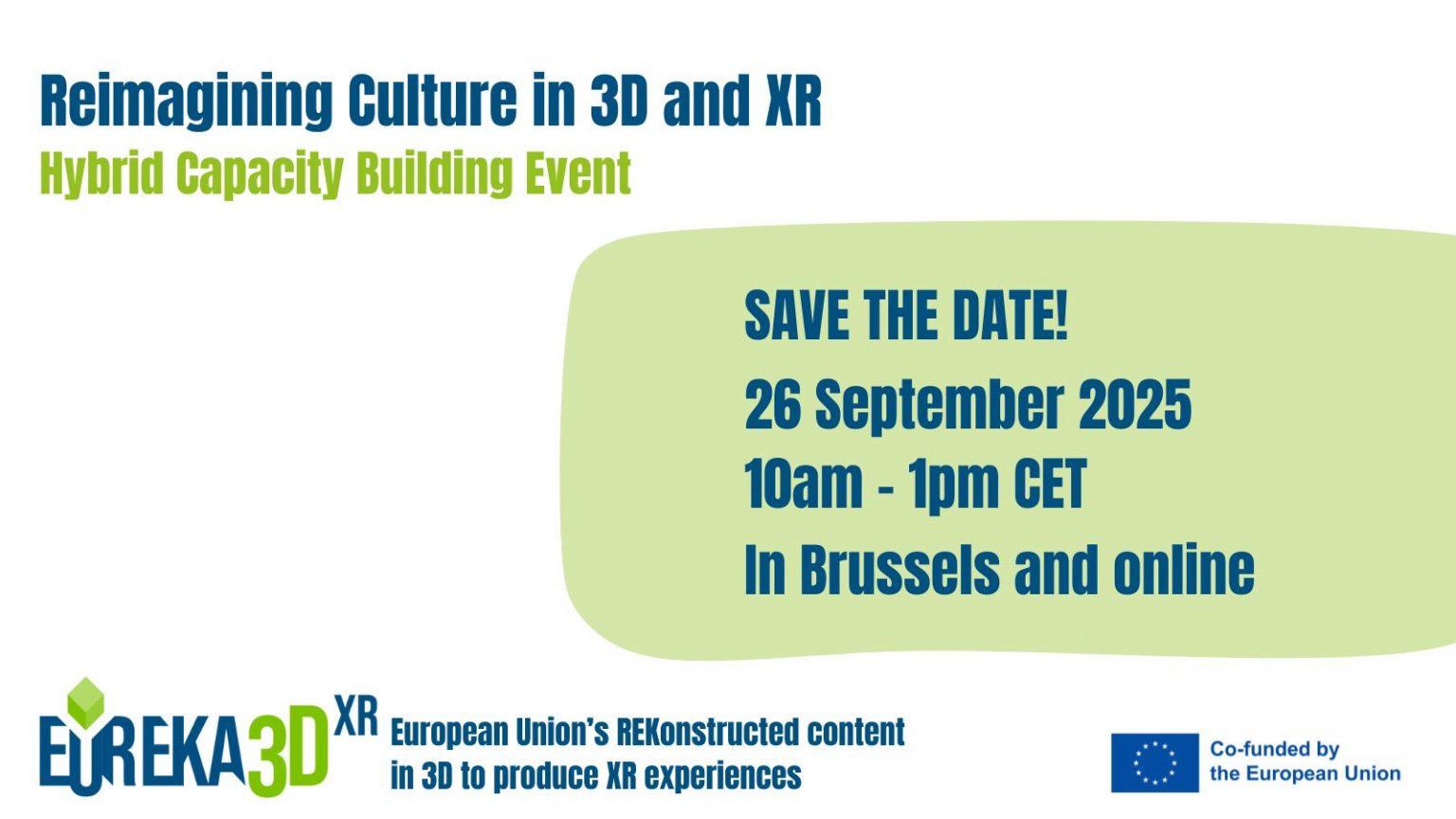CALL FOR PAPERS
Digitization has reached almost all areas of science and scholarship. And even in the cultural sciences and humanities, computers, databases and digital tools are increasingly important. Last year‘s annual conference „Digital Hermeneutics: Machines, Procedures, Meaning“ of the research cluster digital_culture dealt with the theoretical and conceptual challenges inherent in hermeneutic methods, tools, and applications. The results of the conference supported understanding and meaning, when algorithms, programs, machines, and other technical procedures contribute to it.
Following up on these initial theoretical and conceptual results, we now want to address more technical aspects of methods, technologies, tools, and applications supporting Digital Hermeneutics under the title „Digital Hermeneutics II: Sources, Analysis, Interpretation, Annotation, Curation“ and take a look at digitally supported hermeneutic research processes and anticipate the future of digitized working practices in the cultural sciences and humanities.
Without such digital support systems, it will no longer be possible to index, find, annotate, and curate the ever-growing number of digitally available resources for research data. Digital systems are also already in use for analyzing, indexing, enriching, and annotating multimedia data. But what about systems that support the analysis, annotation, and interpretation of digital research data – thus: representation of hermeneutic methods – and their results as well as supporting machine learning, reasoning, and finally automating the documentation of annotation, interpretation, and understanding?

TOPICS OF INTEREST
In an exchange between humanities scholars and computer scientists, we want to explore the possibilities and limits of the vision of digitally supported hermeneutics. The following questions should be understood as suggestions for contributions:
- Digitization processes bear the risk of information loss or structural shifts and biases. How can these risks be dealt with?
- The transformation of sources to data involves coding and enables the enrichment with information. How does one deal with the loss of the original source characteristics? Do standardizations promote a focus on unifying features of different sources or can nuances and deviations also be mapped?
- Do the questions and epistemological interests of humanities, cultural studies, and social sciences change the availability, quality, and quantity of sources in the form of data?
- How can algorithms and tools support, possibly even expand, research questions and epistemological interests in the humanities, cultural studies, and social sciences?
- Can computer science also benefit from the discussion of methods in the humanities, social sciences, and cultural studies?
Abstract (Position Paper, max. 500 words, please submit to dennis.moebus@fernuni-hagen.de)
Submission deadline: 15th September 2023
Download the Call for Papers adn Workshop details (PDF, 250 Kb)


 If you have interesting news and events to point out in the field of digital cultural heritage, we are waiting for your contribution.
If you have interesting news and events to point out in the field of digital cultural heritage, we are waiting for your contribution.






















